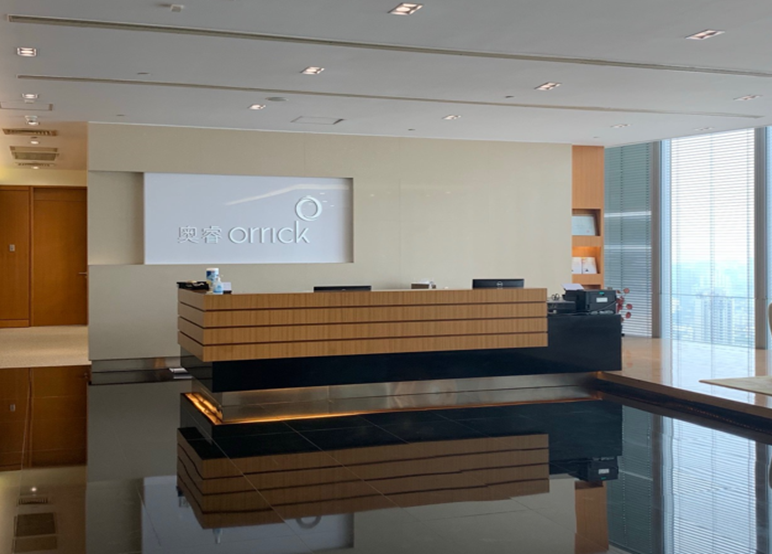2024years3month13day, The European Parliament approved it "Artificial intelligence Act" (Artificial Intelligence Act) . This important legislation lays the legal foundation for the regulation of AI platforms in the EU. Although this is long459The bill addresses a number of copyright and other intellectual property issues related to generative AI, But European creators' groups are still calling on EU parliamentary bodies to create more meaningful mechanisms for IP rights holders, To prevent their work from being incorporated into AI platform training models. In addition, Questions were also raised about the extraterritorial implications of reporting requirements and how they affected the development of copyright law in foreign jurisdictions.
"Artificial intelligence Act" The majority of the provisions are aimed at protecting EU citizens from the most serious safety and security risks associated with the use of AI systems. The bill prohibits several uses of AI technology, Including the untargeted scraping of images to create a facial recognition database, Emotion recognition and social scoring systems in workplace and school Settings. For EU law enforcement, "Artificial intelligence Act" Prohibition of predictive surveillance, Real-time biometrics are also prohibited (RBI) Apply, There are exceptions for missing persons investigations and terrorist attack prevention. The newly approved AI regulatory framework also provides critical infrastructure, High-risk AI applications in areas such as banking and election systems create transparency and oversight obligations.
The EU Creative and Cultural Organisation wants to help draft a framework for enforcing intellectual property rights
Despite the EU's "Artificial intelligence Act" Recognize the existing legal framework for the protection of intellectual property rights holders, But the legal text lays out few new rules for the intellectual property issues that arise from the bill's reporting requirements. Such as, "Artificial intelligence Act" General-purpose AI models are required to report on the data used in their training models, These data must be recorded, but "Respect for and protection of intellectual property rights in accordance with EU and national law must not be compromised, The need for trade secret information or trade secrets" . High-risk AI applications are also required to draw up oversight documents, "Without compromising its own intellectual property rights or trade secrets" .
"Artificial intelligence Act" Enforcement of intellectual property rights "An understatement" This has led EU creators groups to call on the European Parliament to go further in addressing the concerns of IP rights holders. Approved by the European Parliament "Artificial intelligence Act" On the same day, Representing the interests of the EU's creative and cultural sector17A broad coalition of organizations issued a joint statement, The statement "Artificial intelligence Act" The approval was welcomed, But it also calls for further action.
Although obligations are imposed on general and high-risk AI applications "It enables the right holder to take the first step in exercising his rights" , But the creators' groups are asking the European Parliament to act around "Artificial intelligence Act" Their views are required to be included in the drafting of the IP enforcement framework. Signatories to the joint declaration include the International Federation of Societies of Authors and Composers (CISAC) , International Federation of the Phonographic Industry (IFPI) International Federation of Film Producers' Associations (FIAPF) .
In view of "Artificial intelligence Act" Ai platform operators are expected to make their training dataset files compliant with EU copyright regulations themselves, The concerns of the EU creator community seem justified. The act recognizes, Techniques for training AI models in general-purpose applications may involve the retrieval and analysis of potentially copyrighted content, And such use requires authorization from the relevant intellectual property rights holder.
Tensions may arise between EU copyright rules and US fair use principles
The right holder is still right "Artificial intelligence Act" Further questions are raised about the extraterritorial application of reporting requirements for AI businesses based in jurisdictions with different copyright regimes. The act106clause, General AI companies must ensure that their reporting obligations are in line with the EU2019years "Copyright directive" The first4Provision of article, The Directive creates exceptions to EU copyright law for text and data mining for scientific research. These companies must comply with the EU "Copyright directive" These provisions of, "Regardless of the jurisdiction in which the copyright-related behavior that supports the training of these general AI models occurs. "
"Artificial intelligence Act" Also stipulate, It applies broadly to actions taken by non-EU companies "Copyright directive" Be necessary, To ensure a level playing field, Making it impossible for AI companies operating in the EU to benefit by applying lower copyright standards in their home countries. Commentators point out that, Such a legal framework creates friction, at the very least, with U. S. case law on the fair use of copyrighted content to train AI models. Last year7At a hearing of the U. S. Senate Subcommittee on Intellectual Property in October, AdobeCompany sumSimplicity AIExecutives at the company discussed contrasting interpretations of the fair use defense.
Up to2024years2Late September, Several major copyright infringement lawsuits are pending in U. S. district courts, Especially in the Southern District of New York and the Northern District of California. Lower court rulings on the fair use defense that are expected to be raised in these cases are likely to be dealt with by the Circuit Court of Appeals, The Circuit Court of Appeals will issue a ruling on the appeal in the next few years, And develop fair use principles in the context of AI generation over time. merely, This new reporting obligation for AI businesses regardless of jurisdiction could lead to further infringement lawsuits in the United States and elsewhere. This year1month, A committee of the French National Assembly recommended against the European Union "Copyright directive" revise, To develop an international AI treaty on generative AI copyright, This could further establish the EU's leading position in regulating AI and copyright matters in the early stages of generative AI development. (Be compiled fromwww. ipwatchdog. com. com)
TRANSLATORS: Wang Dan proofread: Liu Peng
disclaimer: This network reprint or compile the original articles are from the network, Does not represent the views of this website or confirm the authenticity of its content. If the source is mislabeled or the copyright of the article is involved, Please contact us, This website will be corrected in due course, delete, thank you.

Safeguarding the rights of economic and trade hotspots






